First Job Interview- Nowadays, college students are typically in the same position as job seekers: looking for a job. Whether it's part-time for money or to start a career, they should be interviewing.
But the question is: How does one prepare to go on an interview while still in college? Should college students put off interviewing until their senior or after they graduate? Is it okay to put off looking for a job until then?
Interviewing is one of the most important things you can do in your college career. How you present yourself is just as important as what you say. Both play a role in whether or not you'll end up with the job, so make sure to read these tips before your big interview!
First Job Interview Tips
List Your Top Skills
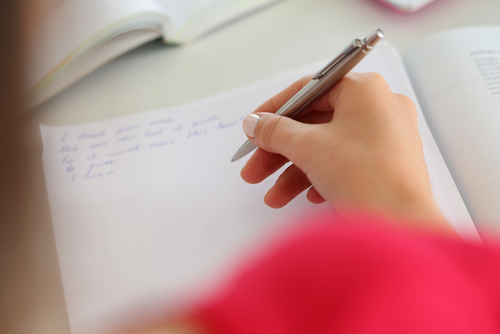
The hiring manager will also want to know what skills you have acquired outside the job, whether they relate to the job or not.
This helps you demonstrate that you'll add value both to the company and to your future self.
Find Out Why the Job is A Good Fit for You

You must state convincingly how the position will further your career goals or help you fulfill your academic goals.
If you are applying for a paid internship or a job where the starting point is a volunteer role, be sure to show how your involvement in the position will help you advance your career goals or qualifications.
Practice, Practice, Practice

Mock interviews are a great way to practice for the real thing. It's a chance to practice the answers you'll provide in a real interview. It's a chance to see how people react when you give them specific answers instead of generalities.
Make sure you answer all the required questions correctly (and answer them in the same order).
Also, practice providing general answers when speaking with someone else -- it's not effective if you don't fully acknowledge the viewpoints of others.
Preparing beforehand allows you to be more relaxed about the interviewing process and helps you get into a good mood if you do secure the job.
Pick A Perfect Date and Time

For example, if you have a task that needs to be completed at 5 p.m., you're going to have a hard time getting the task completed on time if you schedule your interview at noon.
On the other hand, if you have an essential interview at 1 p.m., but don't want to wake up early, then a 3 o'clock start time could be ideal. This is one part of the job application process where you can really shine.
Write Down Your Interviewer's Contact Details
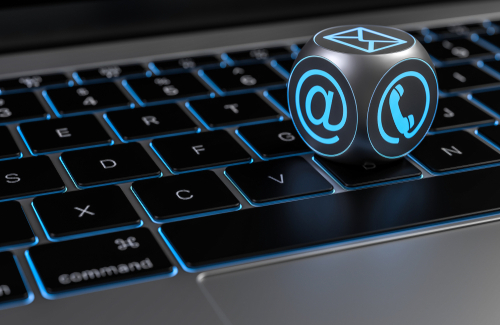
Contact info should include name, job title, department, mailing address, and phone number. Make sure you also have your email address to be contacted if your interview is canceled or if you change your mind about participating in the interview.
Dress for The Job You Want

Take Many Copies of Your Resume

If there are multiple offers on the table, having different versions of your resume will help the hiring manager decide which one to go with.
Silence Your Phone

It's the same with your phone during interviews. It can be distracting and difficult to focus on if you're constantly getting notifications from various sources.
Go to The Interview Alone

You do not want to leave your interviewer with a lasting impression that you are erratic so arrive on time and alone to your interview.
Set The Ideal Schedule
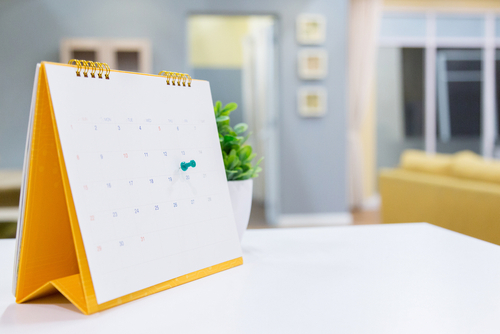
If you can't predict when classes will be held or when they will be convenient for you to attend, it isn't easy to take on additional work.
Send A Thank-you Message
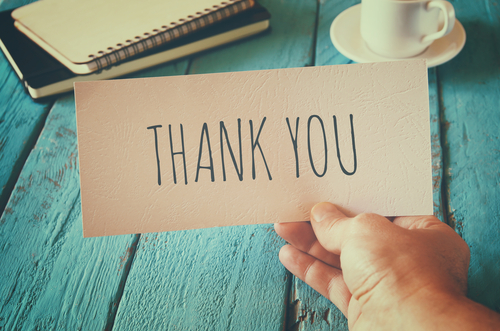
Many job seekers fail to thank their potential employers in the job interviews because they are embarrassed or afraid of being low quality.
Remember! Showing the interviewer that you appreciate what they have done will make you successful in getting the job.
Be Positive

When you're positive, you're more likely to get a job offer.
The best way to improve your chances of getting a job is to eliminate as many obstacles as possible.
Prioritize your top goals and determine how you'll get there. Put your best foot forward and show employers that you're on track.
Prepare Your Stories

Don't just talk about your skills, but prove them through situations. When you create powerful stories, people will notice them and remember them.
Not only will these stories remind people of what they already know, but they'll also persuade people to take action (even when they aren't otherwise inclined).
Watch Your Body Language

How you carry yourself is the biggest hint as to how the employer will perceive you. For example, if you are overly nervous and exhibit signs of nerves, employers will likely not hire you.
Try to make eye contact with anyone during the interview or at the end. Keep your voice low and speak quickly when speaking to any interviewer (especially the hiring manager).
Ask Questions

Expand Your Network
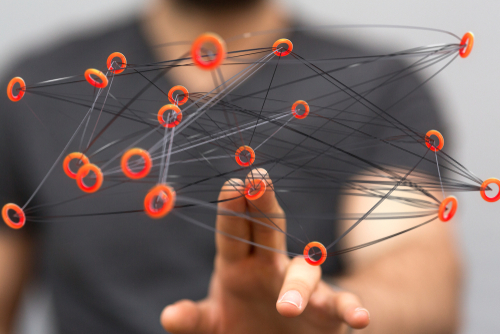
In such cases, you should remember that a lot more can be done by simply spending quality time with individuals outside your area.
The more you travel or simply stay connected with people outside your area, the more likely new opportunities will present themselves.
Research the Company

Researching beforehand clarifies what is expected of you as an applicant and helps you avoid unpleasant surprises during the interview process.
It is also important to know the hiring process since this can affect how carefully you should approach the work.
Anticipate Questions You'll Be Asked

As a candidate, you should prepare questions in advance so that you are ready to answer them when they are brought up.
Feel Confident, and Be Nice

The more you are prepared, the more you'll feel confident while going into the interview.
Feel free to experiment with different tactics to showcase your unique skills. But make sure you're not just pretending to be confident; actually, be it.
Arrive on time

And if you break any of the rules or regulations, you can be sacked on the spot. So make sure you do everything you can to make sure your arrival time is set. When in Rome, do as the Romans do!
A great interview is more than just having all of the right answers; it's about making a positive impression on the person doing the hiring.
Finally,
The more job interview you experience, the better you'll feel when it's time to sit down in front of the actual recruiter and answer their questions.Get as much experience as possible before you graduate; You can do at least one interview to find out for yourself what goes on behind the scenes.








 2023-05-04
2023-05-04
 2023-05-03
2023-05-03
 2023-04-26
2023-04-26
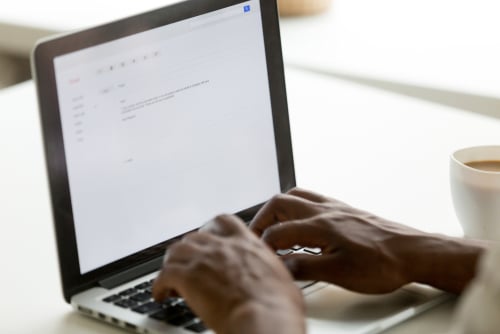 2023-04-17
2023-04-17
 2022-12-09
2022-12-09